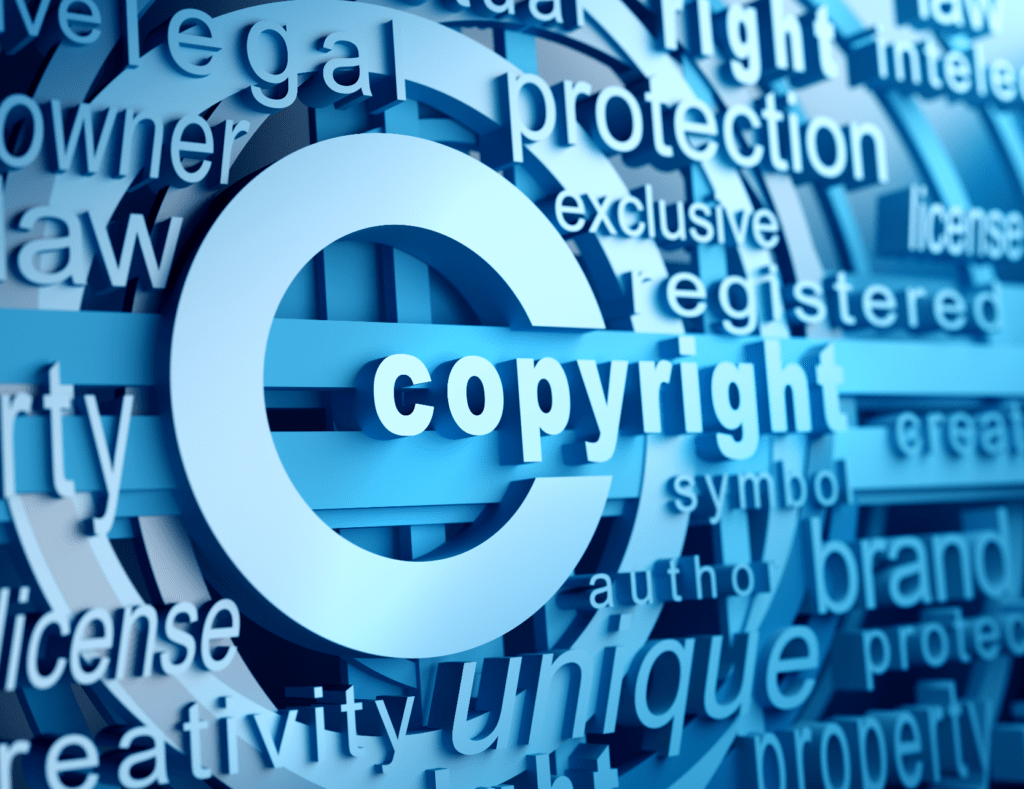Copyright Infringement
Copyright infringement, what is it? Copyright infringement occurs when someone uses a protected work without the permission of the copyright holder. This can include copying, distributing, or displaying the work in any way. Copyright infringement is a serious offense and can result in legal penalties, including fines and imprisonment.
What is a Copyright?
A copyright is a form of intellectual property that gives the creator of a work exclusive rights to their work. These rights include the right to reproduce, distribute, create, and display the work. Copyright protection lasts for the life of the author plus an additional 70 years. After this period, the work enters the public domain and can be used by anyone without permission.
What are the Penalties for Copyright Infringement?
The penalties for copyright infringement can be severe. In the United States, copyright infringement can result in fines of up to $150,000 per infringement and imprisonment for up to five years. In addition, the copyright holder may be awarded damages, including the profits that the infringer made from the infringement.
How Can I Avoid Copyright Infringement?
The best way to avoid copyright infringement is to obtain permission from the copyright holder before using their work. This can be done by contacting the copyright holder directly or through a licensing agency. If you are not sure whether a work is copyrighted, you can search for it in the Copyright Office’s database.
Defining Copyright Infringement: A Comprehensive Guide
Copyright infringement, the unauthorized use of copyrighted material, poses a significant threat to creators and artists alike. It undermines the livelihoods of those who rely on their intellectual property for income and stifles innovation. Understanding the ins and outs of copyright infringement is crucial for respecting creators’ rights and avoiding legal pitfalls.
In essence, copyright infringement occurs when a person uses a copyrighted work without the permission of the copyright holder. This can take many forms, including reproduction, distribution, adaptation, and public performance. Whether it’s a stolen song, a replicated painting, or an unauthorized translation, copyright infringement violates the exclusive rights granted to creators by law.
Elements of Copyright Infringement
Establishing copyright infringement requires proving two essential elements: ownership of a valid copyright and unauthorized use of the protected work. Copyright ownership generally vests with the creator of the work upon its creation, but can also be transferred or assigned. To demonstrate ownership, a copyright holder may present a copyright certificate or other evidence of registration.
Unauthorized use, the second element, occurs when a person uses the copyrighted work without the copyright holder’s consent. This use can be direct, such as reproducing or distributing the work, or indirect, such as creating a derivative work based on it. Unauthorized use can occur even if the infringer was unaware of the copyright or mistakenly believed they had permission to use it.
Determining copyright infringement is often a complex process, requiring careful examination of the specific facts and circumstances involved. However, by understanding the essential elements of copyright infringement, you can navigate the legal landscape more effectively and respect creators’ rights.
What is copyright infringement?
Copyright infringement is a nebulous term that describes the violation of someone else’s copyright. A copyright is a set of exclusive rights granted to creators of original works, including the right to reproduce, distribute, and adapt their work. Copyright infringement occurs when someone uses a copyrighted work without permission from the copyright holder. Copyright law is not just about protecting the work itself, but also the creator’s reputation and ability to make a living from their work. Copyright infringement can occur in many different ways, including copying, distributing, or displaying copyrighted works without permission.
Risks of copyright infringement
Copyright infringement can have serious consequences. The potential risks include legal action and the potential for heavy fines.
Consequences of Copyright Infringement
The consequences of copyright infringement can include:
- Injunctions: A court may order the infringing party to stop using the copyrighted work.
- Damages: The copyright holder may be awarded damages for the losses they have suffered as a result of the infringement.
- Criminal penalties: In some cases, copyright infringement can lead to criminal charges, and perpetrators could face jail time. Depending on the severity of the infringement, statutory damages can range from $200 to $150,000 per work. Courts may also award actual (and sometimes punitive) damages that can be far more than statutory damages. In criminal cases, willful copyright infringement can result in fines of up to $250,000 per work infringed and imprisonment for up to five years.
